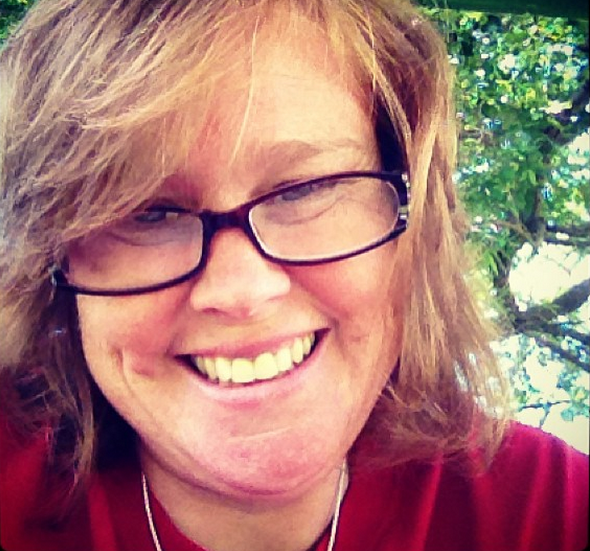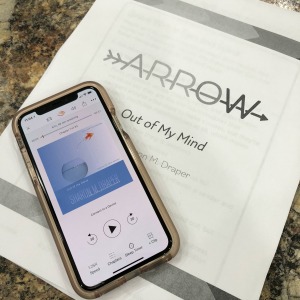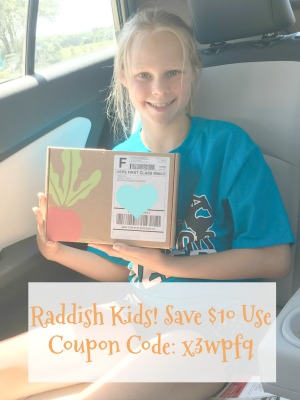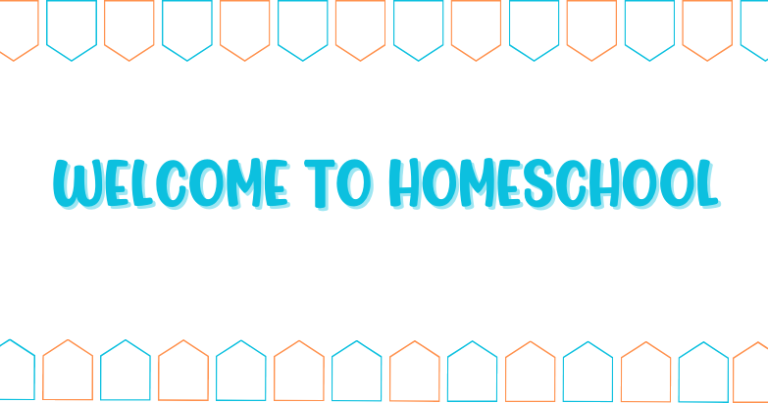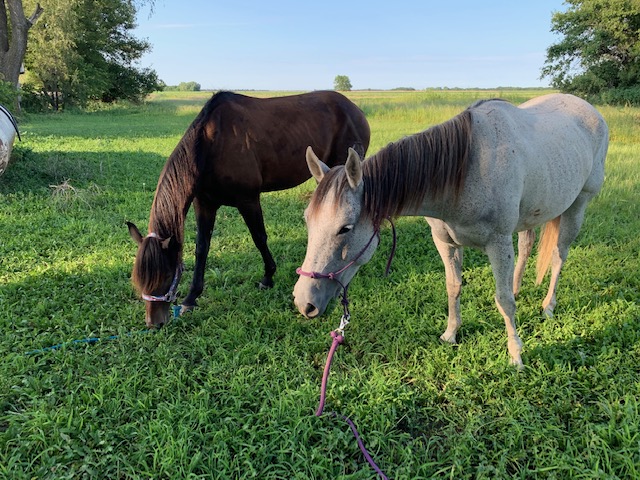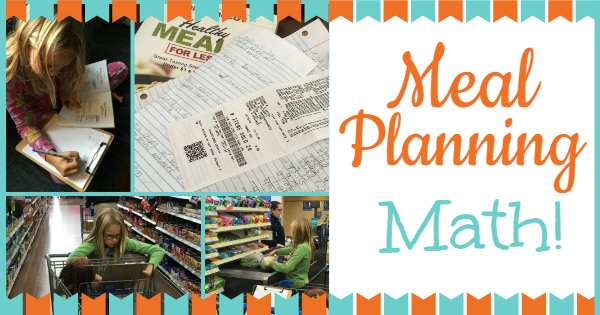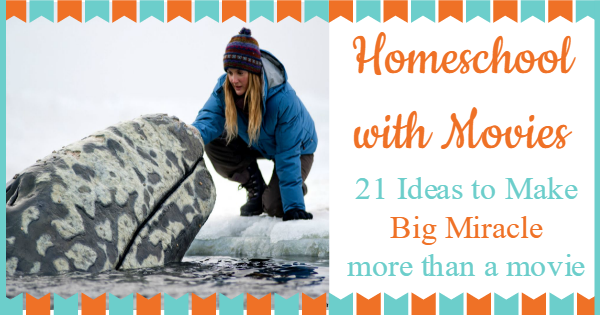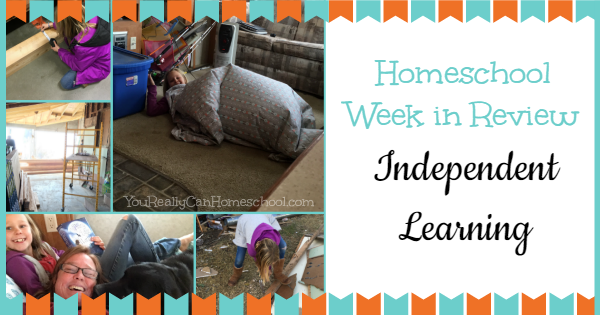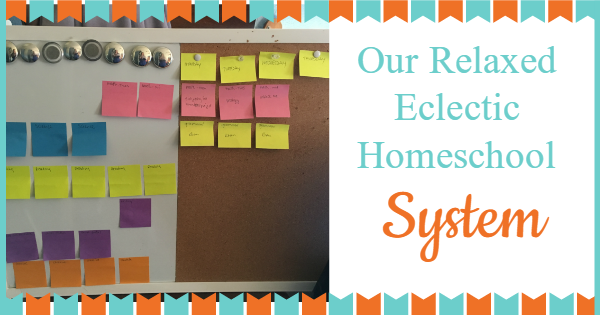My kiddo loves science, and I love that she loves science. I want, more than anything, to foster this love, which means I’m willing to do just about anything in the name of science. This includes buying “curriculum”. Which is hilarious, because every single time I buy a curriculum, we start, and then veer off onto a tangent never to finish said course or curriculum. This has happened with Climate Change, Evolution, Astronomy, Mr Q, and just about everything else I’ve bought.
Now, don’t get me wrong. These were all fantastic curriculum, especially the Climate Change, Evolution and Astronomy courses… and we learned a TON from having them in our home, but the thing is… we really learn much better when we live the science of questions. It’s taken me a LONG time, and many freak outs about “orderly science” to figure out we can learn just as much, if not more, and retain it even better when we live life and ask many many questions.
Here’s a perfect example, just so you know what I’m talking about, and maybe you can feel a little better about your science too. 😉
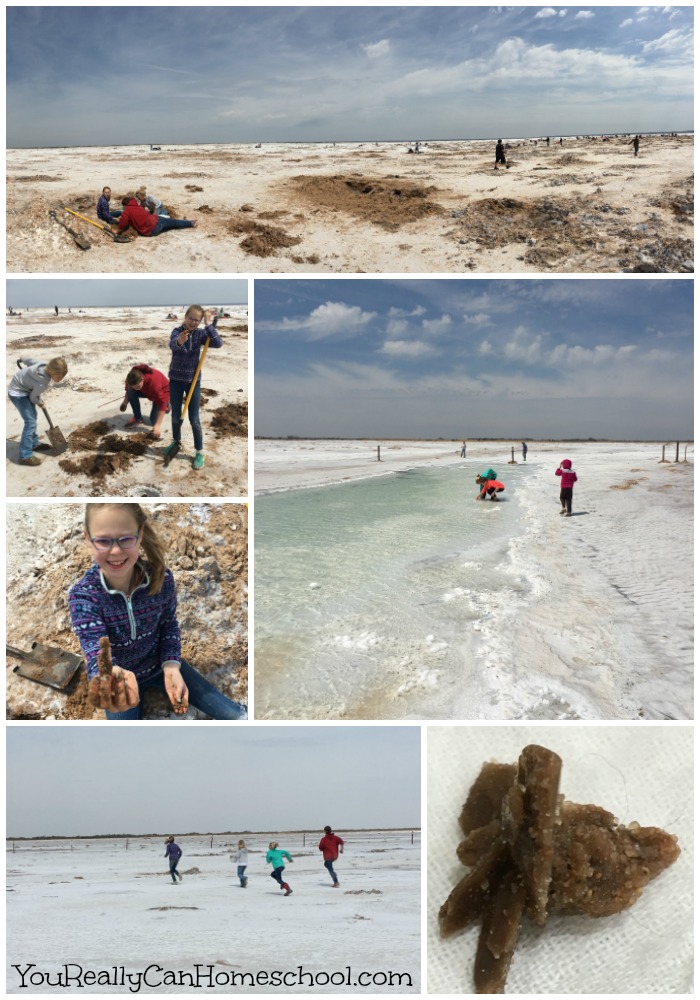 Yesterday we took an impromptu trip to the Salt Plains in Oklahoma. We went there a couple falls ago, right after we started homeschooling. In fact, it was one of our first homeschooling adventures. 🙂 We love the Salt Plains, and we looooooove digging for crystals there. It was super fun that we got to enjoy it with many of our homeschool friends this time.
Yesterday we took an impromptu trip to the Salt Plains in Oklahoma. We went there a couple falls ago, right after we started homeschooling. In fact, it was one of our first homeschooling adventures. 🙂 We love the Salt Plains, and we looooooove digging for crystals there. It was super fun that we got to enjoy it with many of our homeschool friends this time.
Anyway, while we were there, the kids digging away, they started finding crystals. However, they were finding them in a manner that wasn’t exactly how the instructions told them it would work. They figured out a pattern to where and how they were finding the crystals, and started hypothesizing about where they would be next. They started digging and began to prove or disprove their hypothesis. They’d come up with another idea, start a new hole, and see if their plan worked out or not.
We didn’t have a long conversation about the scientific method, though we’ve covered it in the past… but that’s exactly what they were doing. All on their own.
Then the questions started.
Where did this salt come from?
Where did these crystals come from?
How long does it take for the crystals to form?
Why are there hour glasses in the middle?
What’s that stuff in the middle of the crystals?
I was pretty excited to hear my kiddo answer the “where does the salt come from” question as we were walking over to a big pool of water filled with salt formations. It was exactly the right answer. We’d been talking about where the salt came from on the way to the salt plains. Another adult had a deeper question about it, and I googled it and then the two of us had a conversation about it.
All the other questions, we googled them. Right there in the field. As I found answers, I shared them with the kids. We talked about it, and pondered, speculated, all while they continued to dig, eagerly yelling “I found another one!!” and plunking it in the bucket, every so often.
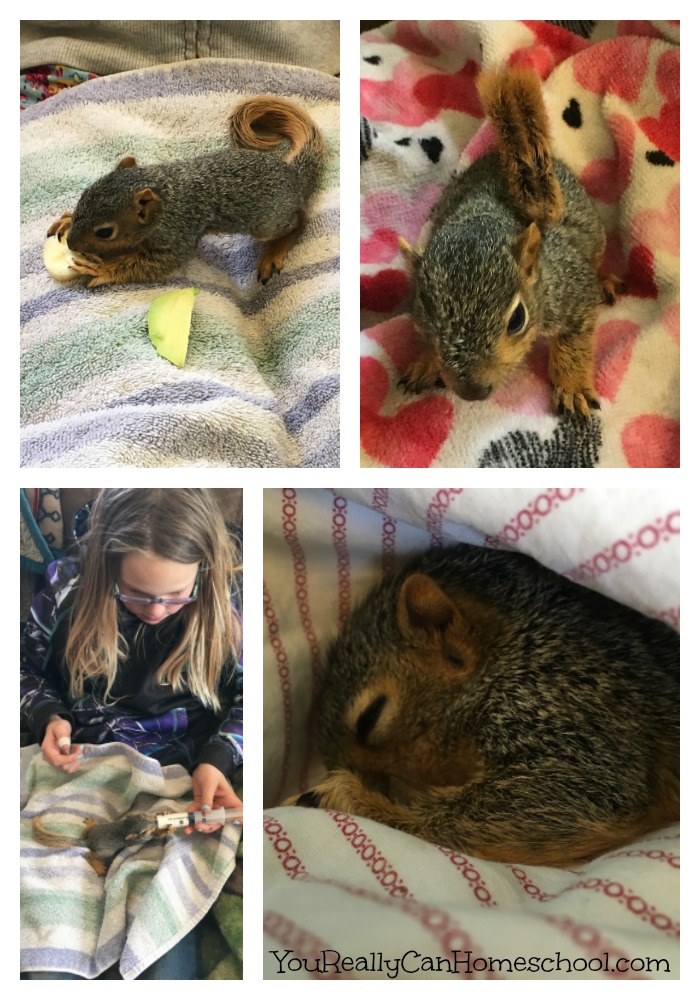 We recently found ourselves caring for an abandoned baby squirrel. Out of necessity, to keep it alive, we found ourselves learning more than we probably ever needed to know about the health and well being of baby squirrels. We learned how old it was, (5-6 weeks) because it had its front teeth, and couldn’t hold it’s tail up… but then 2 days later it could. We learned about what foods it should and shouldn’t eat. We learned a lot about squirrels lol. We also realized it was illegal in our state to be caring for a wild baby squirrel. We then had to do some research to find a facility willing to take her in and help raise and release her. We finally found a place, and took her up there earlier this week. We talked with the person working there about our squirrel. She said we did a great job, and was glad we’d done our research. She gave us a tour of the place. We saw a red tailed hawk, some bats, other squirrels, bunnies, a dead muskrat waiting on autopsy, and had a wonderful conversation about careers in the wildlife sector and the kind of education/experience you needed to get these jobs.
We recently found ourselves caring for an abandoned baby squirrel. Out of necessity, to keep it alive, we found ourselves learning more than we probably ever needed to know about the health and well being of baby squirrels. We learned how old it was, (5-6 weeks) because it had its front teeth, and couldn’t hold it’s tail up… but then 2 days later it could. We learned about what foods it should and shouldn’t eat. We learned a lot about squirrels lol. We also realized it was illegal in our state to be caring for a wild baby squirrel. We then had to do some research to find a facility willing to take her in and help raise and release her. We finally found a place, and took her up there earlier this week. We talked with the person working there about our squirrel. She said we did a great job, and was glad we’d done our research. She gave us a tour of the place. We saw a red tailed hawk, some bats, other squirrels, bunnies, a dead muskrat waiting on autopsy, and had a wonderful conversation about careers in the wildlife sector and the kind of education/experience you needed to get these jobs.
I didn’t really want to deal with this squirrel… a little squirrel life is a LOT of responsibility, but we learned things I know Hanna will remember forever.
The thing is, if you keep yourself open, opportunities to learn science are everywhere in the world. We live in a world where answers are literally at our fingertips, solutions are nano seconds away. You can literally find an answer to any question… so why not let questions lead? When you ask a question, it’s usually because you truly want or need to know the answer. When you let questions lead your study of science, you’re more likely to be learning things the kiddos care about, and they are much more likely to remember what they learned.
When we found the squirrel, Hanna started talking about all the other critters we’ve helped along the way. The kitten we found in the barn. That other kitten we bottle fed from the humane society. The baby bird, which we googled and ultimately followed the advice to set it back out in a tree. Those things happened YEARS ago… and she still remembers that the best option for survival for that baby bird was to go back out in a tree for the mom to find it. YEARS AGO.
In case you’re thinking that’s just “not enough”, I”ll tell you this one last story.
In the middle of one of my recent “OMG we should be doing logical progression in science” freakouts, I pulled out our Big Fat Science Notebook. I started thumbing through it. I realized we have covered probably 80% of the material in the book (which covers all of middle school), in our first year of middle school… just asking questions. <3 Yes, this happened because I continue to pick up science curriculum, courses, videos and whatever else I can find. But now I’m realizing, the purpose, in our homeschool, for these things, is not to go through each course day after day, but to provide fodder for questions, and the rabbit holes that follow. For US, falling down the rabbit hole is where we do the most learning.
So, never fear… if you’re not “doing science” the way most people think science should be done. If you’re asking questions, searching for answers, solving problems, finding solutions… you’ll be learning more than you can imagine. However, feeling confident in doing science this way can be tough… and support is always good. That’s why I created a Facebook group so I could connect with other secular, relaxed eclectic moms like me, who were homeschooling older kids (8+). If that’s you… we’d love to have you. Come on over and say hi!


